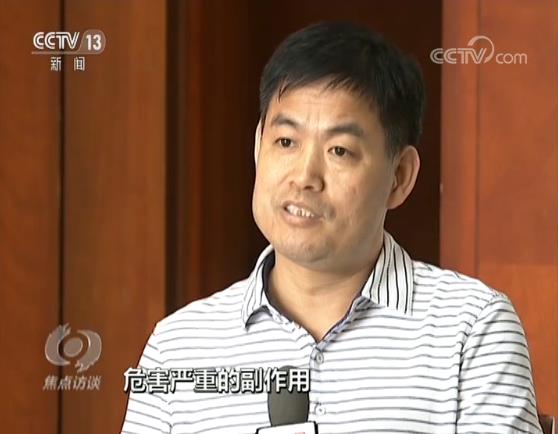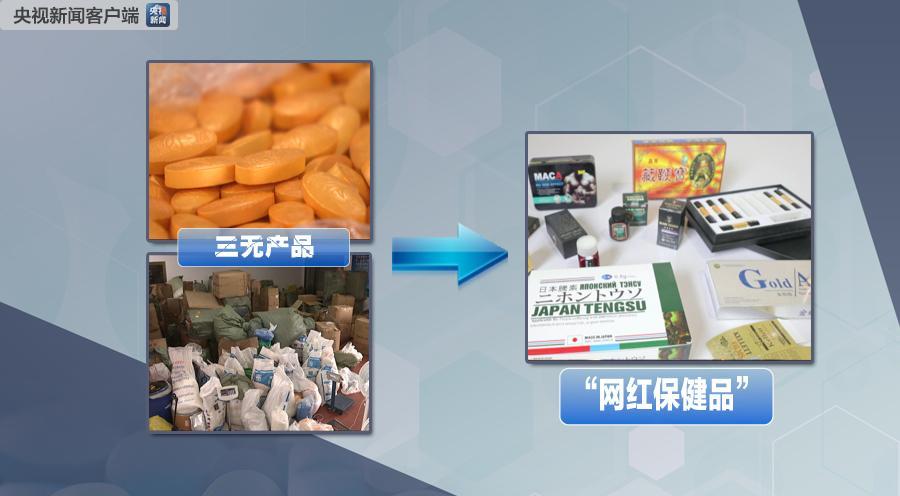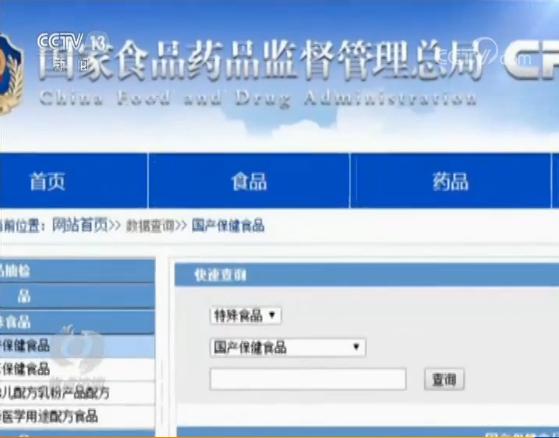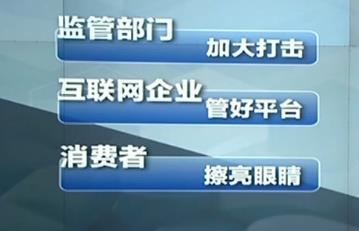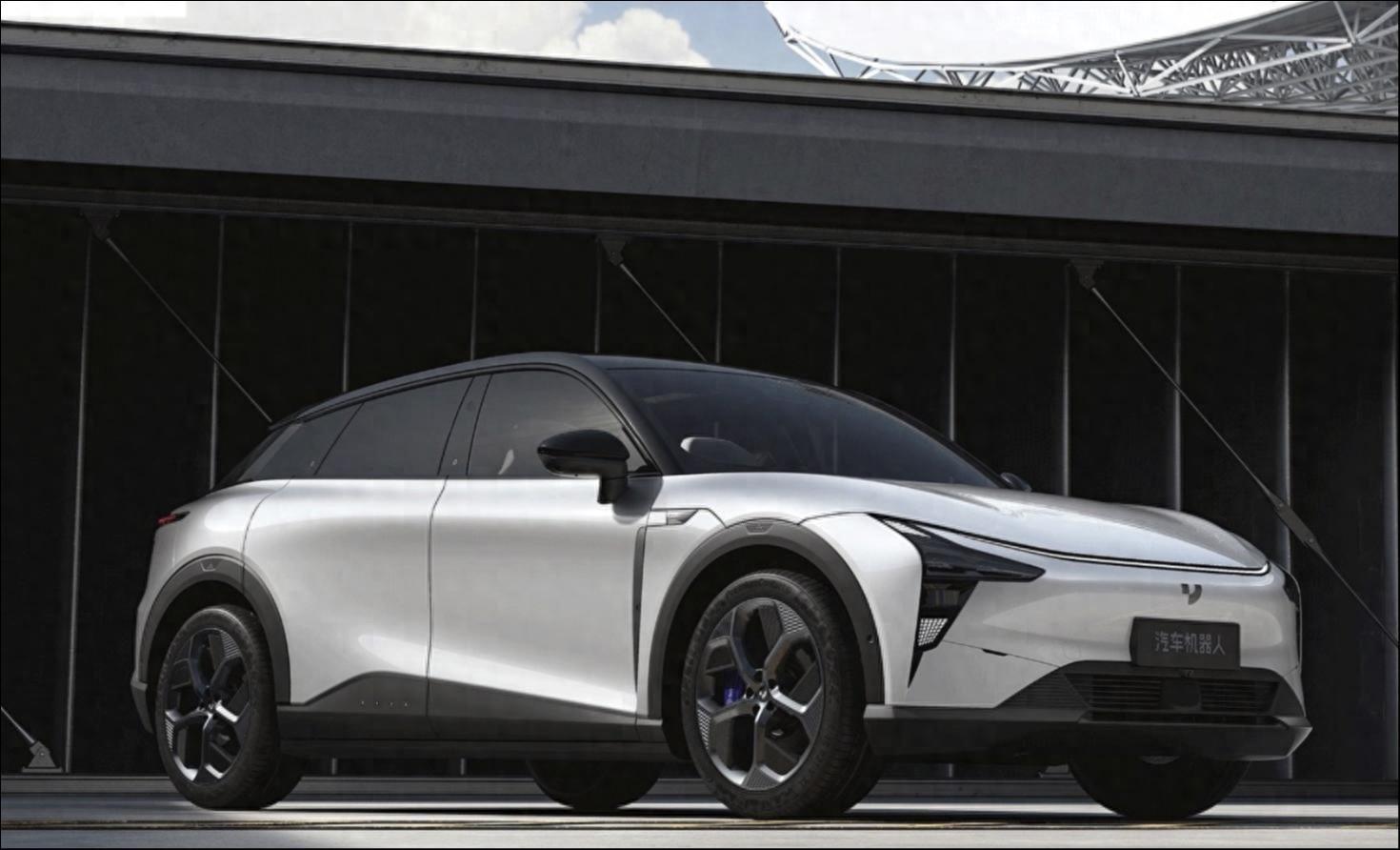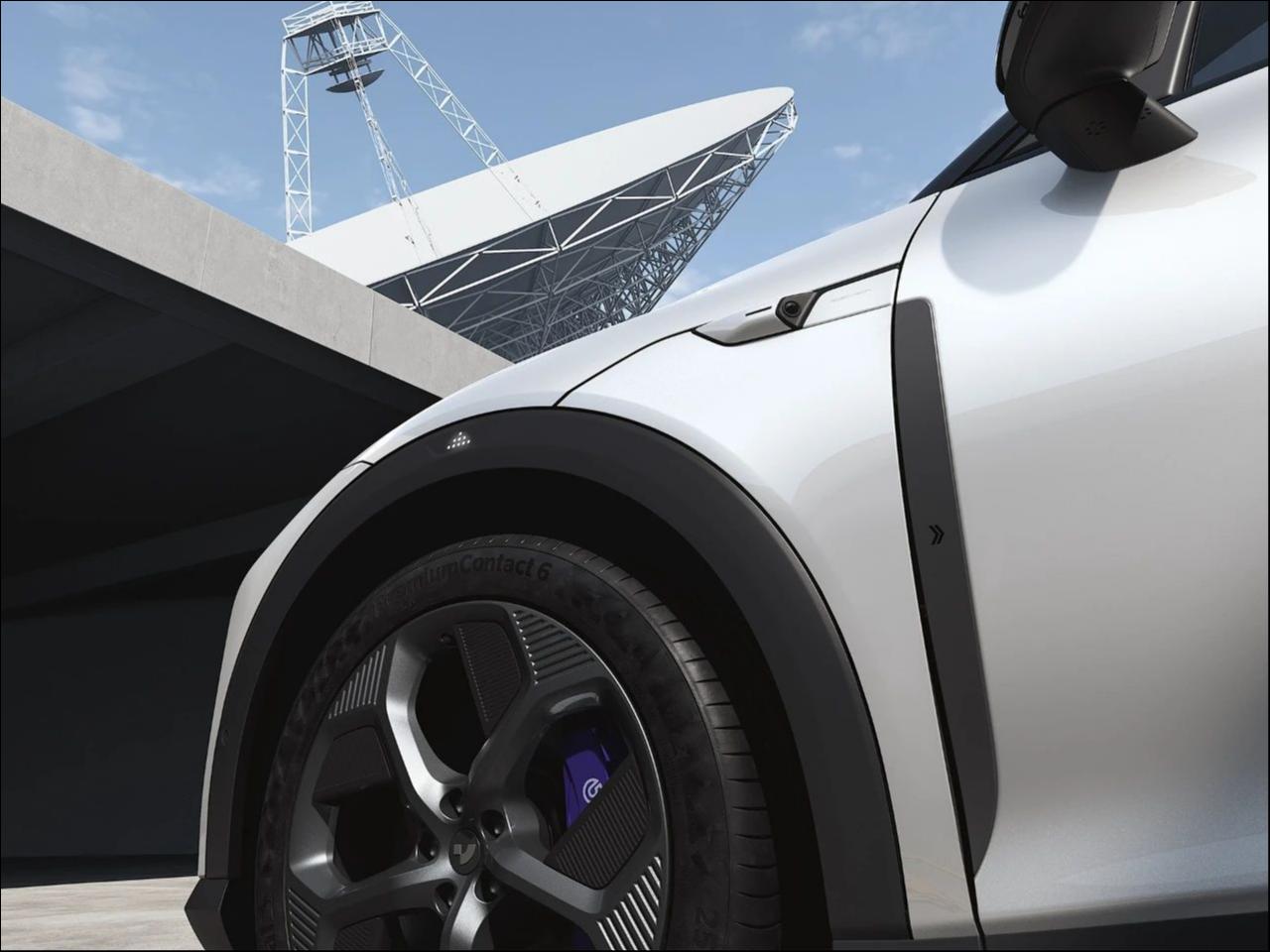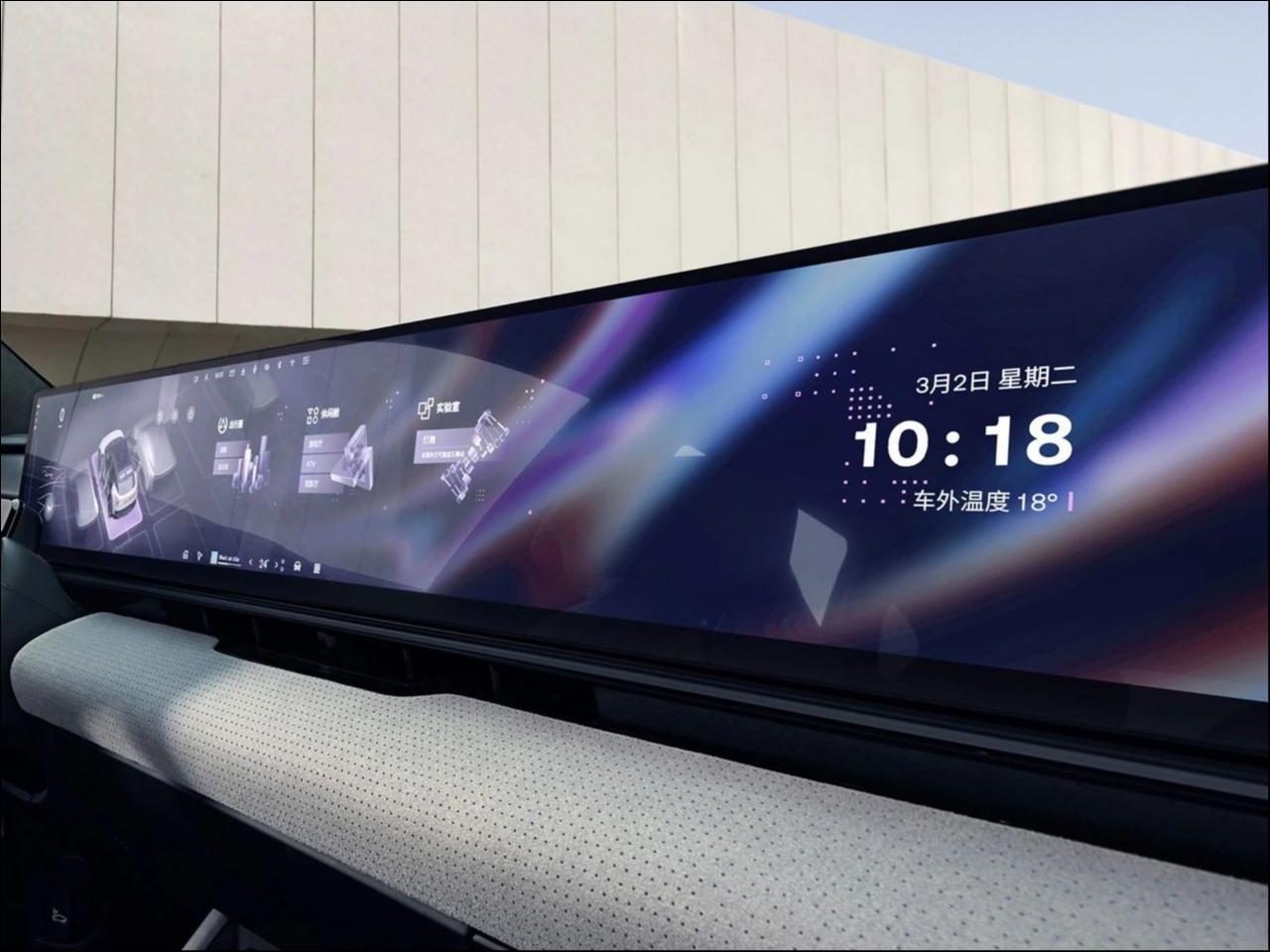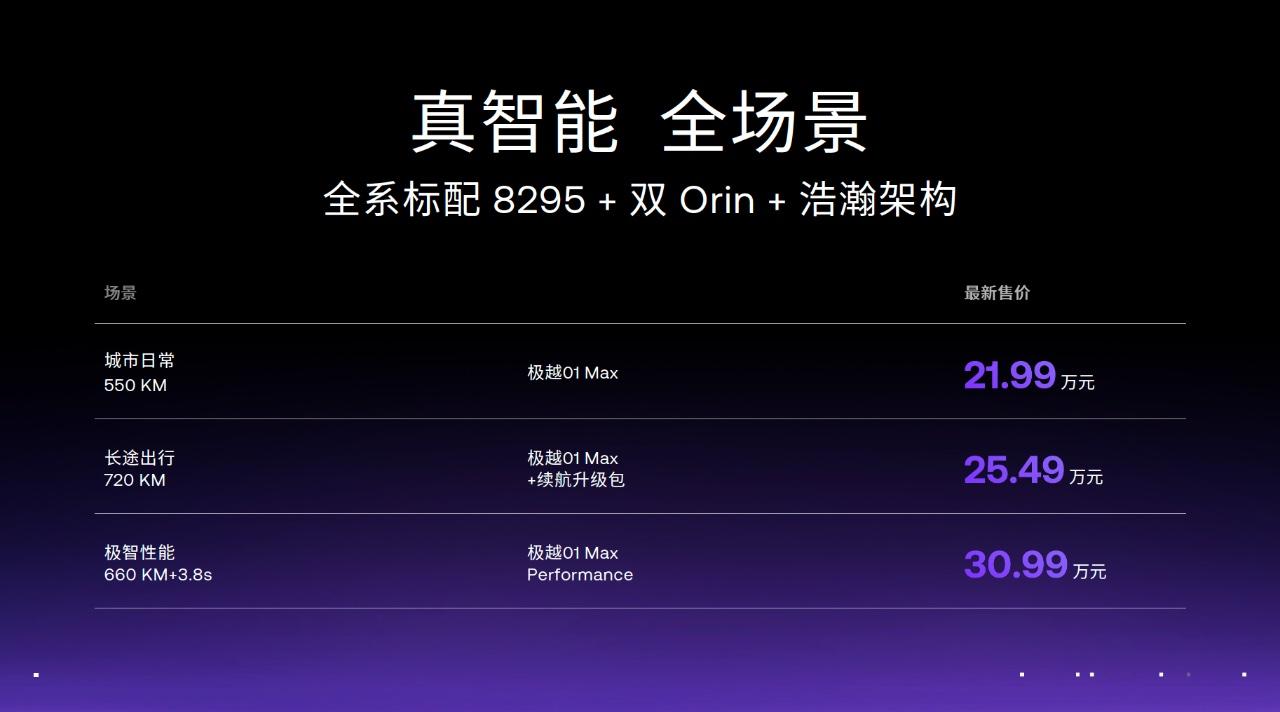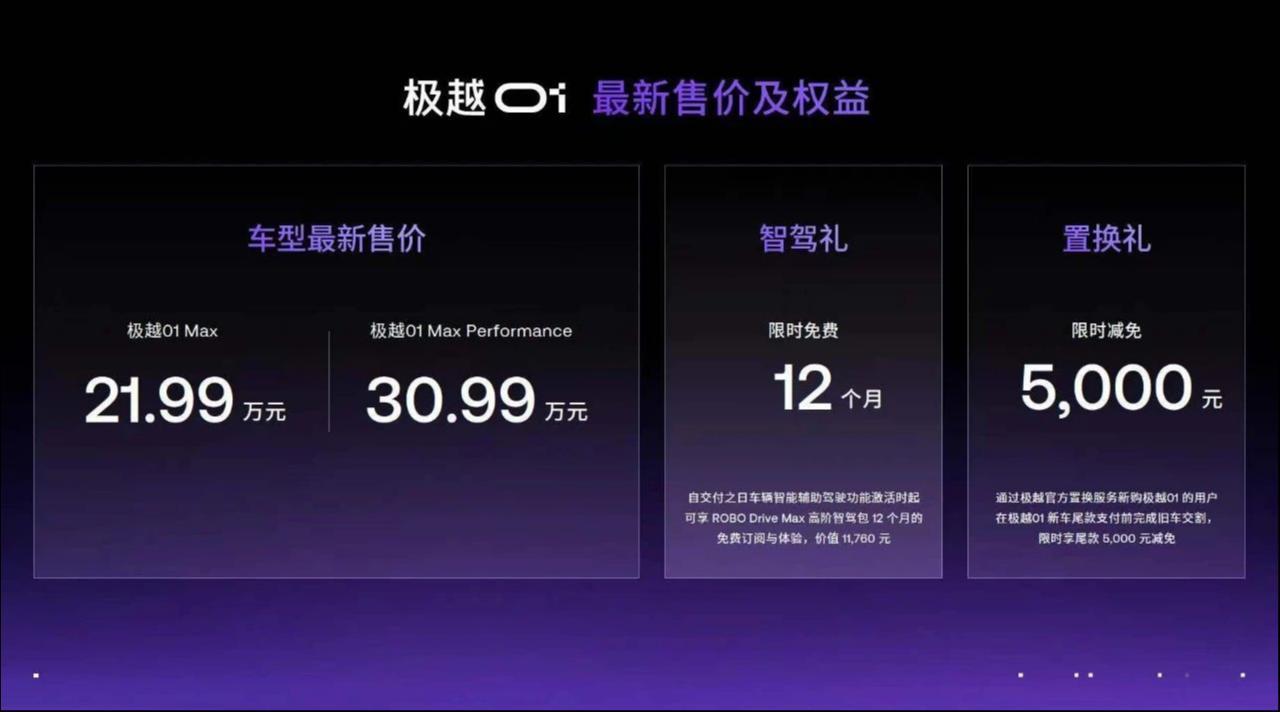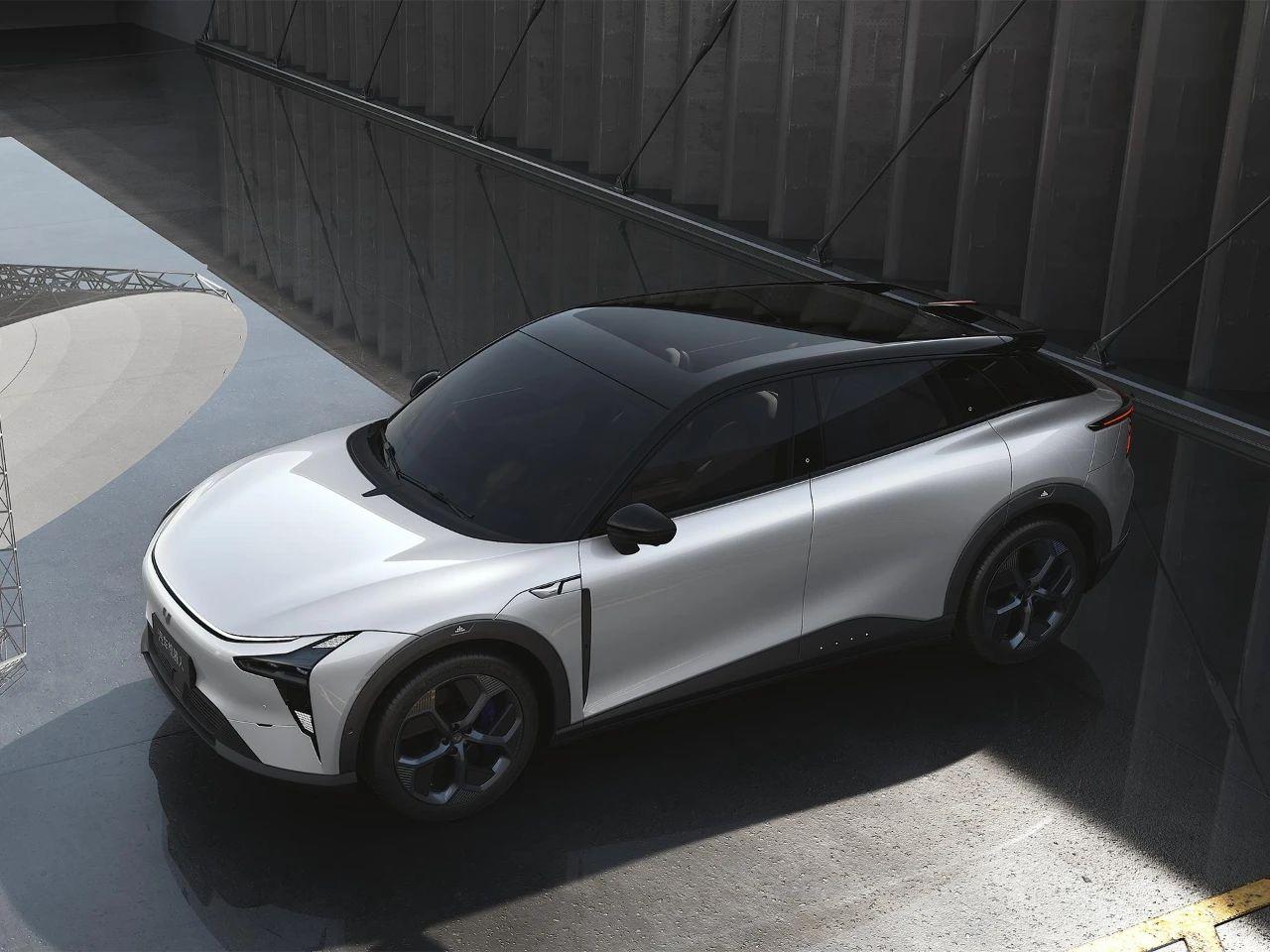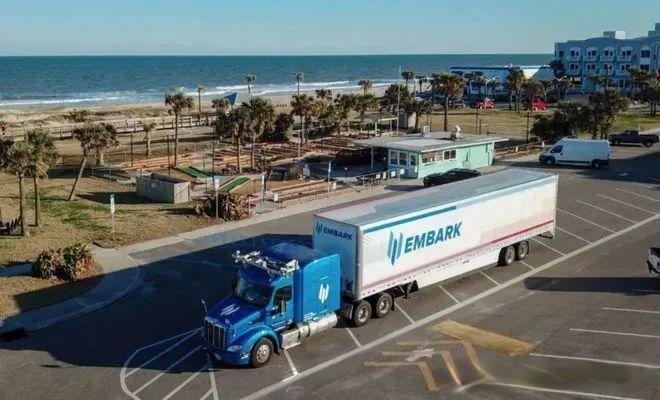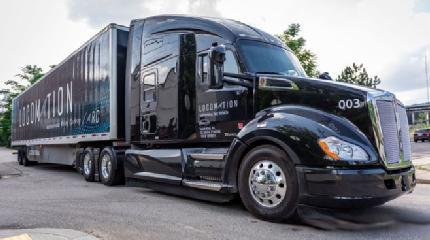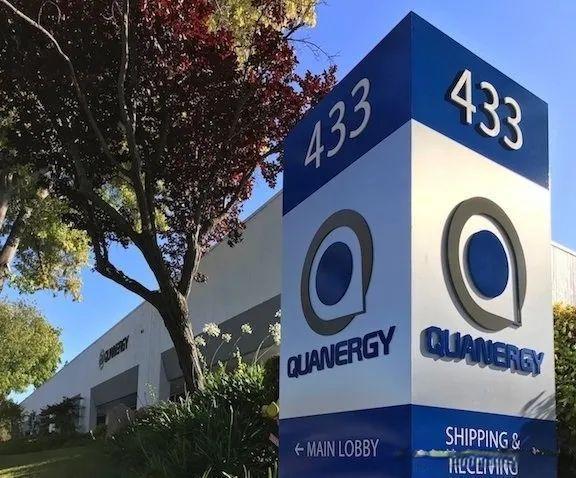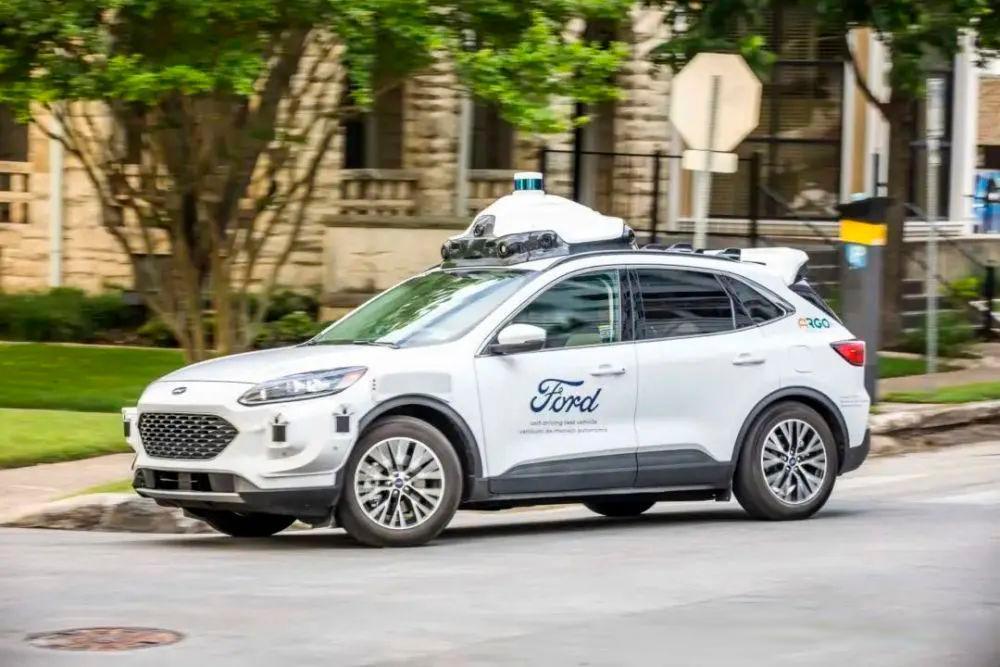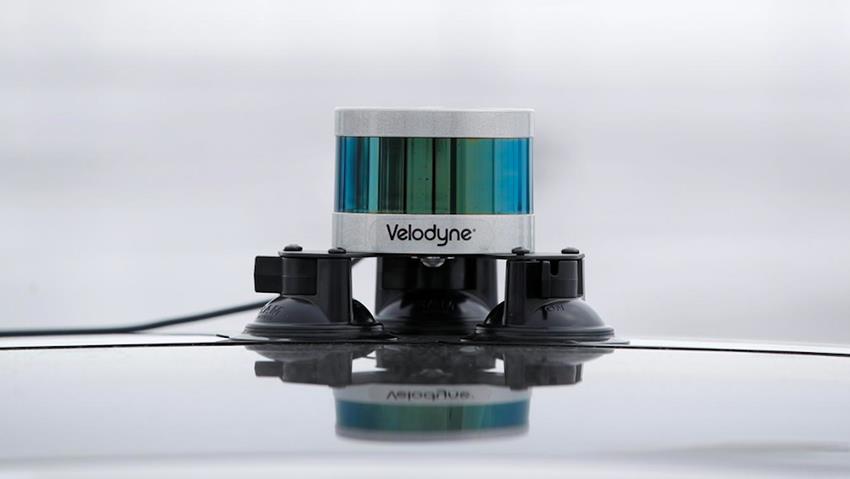Rice noodle festival those wish good collection, this year’s rice noodle festival are you ready?
The annual Rice Noodle Festival is coming again, and the rice noodles will not miss this opportunity to pick up wool. After all, the "Mi Family Grocery Store" can be said to take care of all aspects of our lives. As long as you can think of it, the Mi Family will definitely have it, and if you can’t think of it, the Mi Family will also have it. In the upcoming Rice Noodle Festival, which products can we choose to improve our quality of life without stepping on the pit? Take a look at my personal wishes and good things.
Close your eyes and enter the no problem series
The products recommended here are mainly classic products, with good reputation and sales. They are also part of the products I recommend to my friends.
1. Xiaomi Power Bank 3
The current price of this power bank is 79 yuan. I am personally quite satisfied with this power bank. Although this one is an old model, it is only 1000mAh, but it is enough for me. There is no problem at all when going out and getting on the plane. And the appearance is still at the upper and middle levels. The charging rate of 18W fast charging can keep up, and the feel is also good. I am satisfied with such a power bank at this price. The Rice Noodles Festival is coming soon. Friends in need can pay more attention.
2. Xiao Ai
It is estimated that many people have come into contact with Mijia smart products from the smart speaker of Xiao Ai, and now Xiao Ai has multiple versions. The official is quite considerate and has also given a choice plan, allowing us to choose according to our personal needs.
Personally, I still use the original version, yes, because of poverty. But this version is enough for me. Just play music every day, and make fun of it when I’m bored. I don’t have any more Mijia smart devices in the house I rent now.
Friends in need can access the universal remote control version. Basically, all devices at home can be controlled, and voice control of things at home is still quite cool.
Conditional friends can choose the HD version of Xiao Ai Classmate, which looks a little more advanced. And it can be linked with the smart home at home, which is equivalent to an extra housekeeper, and the experience will be higher in all aspects. After all, where is the price?
Finally, there is a touch screen version, which may be for Baidu’s small competition, and it can indeed provide more functions. And it can also be connected with the smart doorbell and directly turned into a video doorbell set. The security function is also available, which is quite good.
Overall, the functions are similar, and friends who need it can learn more about themselves and choose the one that suits them.
3. Xiaomi Desk Lamp 1S
Because I am renting a house now, there are really few sockets in the room, and the switch is 108,000 miles away from the bed! The desk lamp is a must. This desk lamp is easy to operate, the lighting is relatively soft, and it is much easier to use than touch. In addition, it has a high value. Close your eyes and enter. If there are children at home studying, you can also choose this, which is suitable.
4. Purple rice apple PD fast charging set
I don’t know why my charging cable wears out so fast. The official website price of the data cable of the Apple mobile phone makes me think that sewing and mending will actually work for another three years. Recently, all mobile phones support fast charging, and Apple’s fast charging head persuaded me to quit again. I still have the Purple Rice Apple PD fast charging set, which costs only a few dozen yuan. I think 18W fast charging is enough. The key is that it is not expensive. I can stock up on more.
5. Mi Band 4
As a contemporary fetid young man, staying up late while fearing death has become a daily routine. Smart bracelets can help us detect heart rate, and of course there are many other functions. The Mi Band 4 already supports color screens. In addition to detecting heart rate, it can also be used as a fitness trainer. I started with the NFC version, which can brush access control and bus, which is very convenient. In addition, the cost performance is relatively high. It can be used for about two weeks on a single charge, and the feel is very comfortable. It is not a loss to buy.
6. Xiaomi automatic hand sanitizer
This is one of the products recommended by Lao Luo during the live broadcast. I have always disliked washing my hands with soap, and I always feel that it is unhygienic. Ordinary hand sanitizers have to be touched often, but they still feel unhygienic. In addition to the recent situation, I want to wash my hands after touching everything, and this automatic hand sanitizer is very suitable. I have used it for a while and think it is not bad. The sensor is still very sensitive, and the top light will light up when the foam comes out, which is quite interesting. But I just hope that the Mi family can develop more fragrances.
7. Mijia Sonic Electric Toothbrush T100
This is an entry-level product, and the price of this ordinary toothbrush is not a loss for a sonic electric toothbrush. This toothbrush 18,500 rpm, you can still achieve the feeling of feeling clean in your mouth after brushing your teeth, and it can basically last for a month on a single charge. I like it small and easy to carry, and the big one at home is not easy to bring. If you go to a friend’s house for a night or a business trip, this is just right. If you want to experience an electric toothbrush, you can enter this, and buy other products after getting used to it.
Office life hoarding series
There are also some small items worth buying in daily office and life. Although these items may be easily accessible by opening a shopping APP, they are not expensive in terms of appearance and performance. If you can’t buy them at this price, you can’t be fooled. Just be happy.
1. Xiaomi Rainbow Battery
There are some things in the unit that need batteries. At home, the main thing is to use batteries for the password door. Eight batteries at a time, although it can last for a long time, it is also a consumable. I bought No. 7 batteries in a box of 10. It’s just that the colors in one box are different, which is easy to drive crazy and obsessive-compulsive. Anyway, it’s not expensive, so I collected all the colors, and then reinstalled them according to the color classification, which is quite decompression. The battery itself is not much different from Nanfu, it depends on everyone’s preference. If you need No. 5 batteries, just search it directly, it’s the same.
2. Mijia gender-neutral pen
Giant power writing gender-neutral pen
Although it was no longer the time to go to school, the consumption of pens slowed down a lot, but it was better to write them down quickly when meeting and when the leader assigned tasks. Although computers and mobile phones were very convenient, there were still quite a lot of times when using pens at work. The Mijia Ju can write neutral pens are really easy to use, the writing is smooth, and it is durable. There is no need to change the core frequently, and there are very few situations where the pen does not come out of the water in a hurry. I bought ten packs, and the price is not expensive. The price of a pen is less than 1 yuan, and the real color stationery is not more expensive than this? It is recommended to enter.
Metal signature pen
In addition to the giant writing recommended above, I recommend everyone to buy this metal signature pen, which feels good for daily use. It is mainly used when going out to meet customers and talk about business. Doesn’t this look a bit business-like? Pens are all about whether they are good or not, and whether they look good or not. This metal signature pen is occupied and can be used.
3. Fizz utility knife
This was bought with the gender-neutral pen at that time. At that time, it was simply coveted for its beauty, which was less than 10 yuan. Anyway, it will always be used. After starting, the texture is not bad, the knife is also very sharp and durable, and the workmanship is also very fine. It also comes with a folding knife device. It’s easy to break after trying it, and it’s not troublesome. It would be great if I could give away the blade, but I may be thinking too much about this price, haha.
4. Mobile phone desktop holder
I bought two of these, one for use in the unit and one for use at home. If it is in the unit, it is mainly used for mobile phones, which is convenient to charge, and you don’t need to look down at the mobile phone or pick it up, just operate it directly. If you are at home, it is mainly used for tablets, and you can watch dramas while eating. The measured stability is still OK, and this design will not feel too abrupt when used in the unit.
Enhance the quality of life series
1. Xiaomi intelligent multi-mode gateway
As a Mijia intelligent linkage hub, this one supports three communication protocols: ZigBee, WiFi, Bluetooth & Bluetooth Mesh. A gateway can realize the interconnection of devices with different protocols above, making it easier to create a smart home. At the same time, it is compatible with Apple HomeKit, which can control the intelligence in the home through built-in Siri or home APP such as iPhone. The above content is from the introduction of the official website. A simple translation is that you can connect anything, and you can connect anything you want.
2. Smart light strip
I personally think that the smart light strip is a very practical item in our life, which can help us improve the quality of life. Moreover, this smart light strip can be bent arbitrarily, and it can be pasted on as long as there is a socket. Whether it is used as a bedside night light, or as a lighting light around the bathroom mirror, or it can be arranged around the bed as a night light, it is very good. But this can’t be cut by yourself, so you need to communicate in more detail before purchasing to determine the size. In addition, it can be controlled by mobile phone and Xiao Ai, which is very convenient.
3. Sweeping robot
There are still quite a few sweeping robots in Mijia, but the one I personally recommend the most is the stone sweeping robot, the intelligent sweeping and dragging model. Although this one is relatively more expensive, the map partition has been upgraded, and the room can be partitioned and cleaned. The measured use effect is good, the suction force is strong, the mopping is also good, and it will not be too noisy. The most important thing is to save time and effort. After the cleaning is set, you won’t have to worry about it yourself. Isn’t the time saved sleeping fragrant?
4. Juicer
I started this product for convenience and trouble, and there is no need to make breakfast in the morning. The effect of this cooking machine is still quite good. The design of the 6-knife head juices more delicate. And it adopts a press start design, which is very safe and convenient, the operation is also simple, and it is easier to get started. It is also troublesome. Cleaning is also very convenient, and it can be done with a flush, which is very suitable for lazy people like me. Generally, carrots, apples, and milk are juiced, or banana milk. Anyway, it will not be too difficult to drink with milk. Unlock it slowly.
5. Instant hot water dispenser
I used to use a water dispenser at home, but it broke when I moved, and during this time, due to the impact of the pandemic, the water delivery master could not go upstairs, and I couldn’t move the bottled water myself. It was really expensive to buy mineral water. Fortunately, I found this instant hot water dispenser, which is hot and comes out immediately, with a 4-speed water temperature and a 3.0L water tank. This is enough for my daily life, and it is also convenient and worry-free. In addition, the appearance is also good-looking, and the water outlet is stable. Don’t hesitate, girls.
6. Smart camera PTZ version
The unit needs to have a monitoring point to watch the company’s property, and pets at home also need to be paid attention to at all times. You can choose this one and start it. It can also support flip-flop, remote monitoring, remote operation, and two-way dialogue. The picture is clear, the operation is easy, you will be prompted on the mobile phone, the clarity is high, the quality is high, the installation is easy, the function is rich, the night vision function is strong, and the monitoring is comprehensive. It can also be tracked in human form, which is a very good product to use. Friends with furry children at home recommend entering.
This is all the sharing content this time. What do you like about the Rice Noodle Festival? Come and plant grass for each other~





